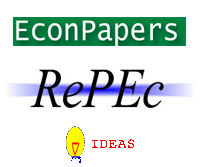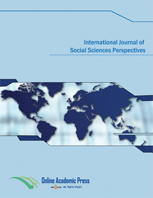Assessing the sustainability of fiscal policy in Morocco: Insights into economic stability
DOI:
https://doi.org/10.33094/ijssp.v12i1.876Keywords:
Economic growth, Fiscal policy, Macroeconomic indicators, Morocco, Sustainability.Abstract
This study explores the sustainability of fiscal policy in Morocco, a country with limited natural resources, by examining the factors that contribute to its long-term effectiveness. To assess fiscal policy sustainability, we used a quantitative approach, drawing on historical data and relevant macroeconomic indicators. Our analysis focused on the relationship between fiscal policy and economic growth, which is a crucial factor affecting public finance sustainability, among other key macroeconomic indicators. We utilized a combination of two models, cointegration strategy and Bohn's adapted specification method, to investigate the long-run properties of the intertemporal budget constraint. Our findings suggest that fiscal policy in Morocco may not be sustainable and effective in the long-term, indicating potential risks and threats to the country's economic stability. Unsustainable fiscal policies can lead to a lack of confidence in public finance, currency depreciation, and inflationary pressures. Therefore, it is essential to take action to address the sustainability of Morocco's fiscal policy to counteract potential crisis shocks on the economy. The research suggests policymakers the need to implement effective fiscal policy that can address the challenges facing Morocco's economy. The fiscal rules will confronting the economic structural problems; however, it will promoting fiscal transparency and long-term economic growth.




